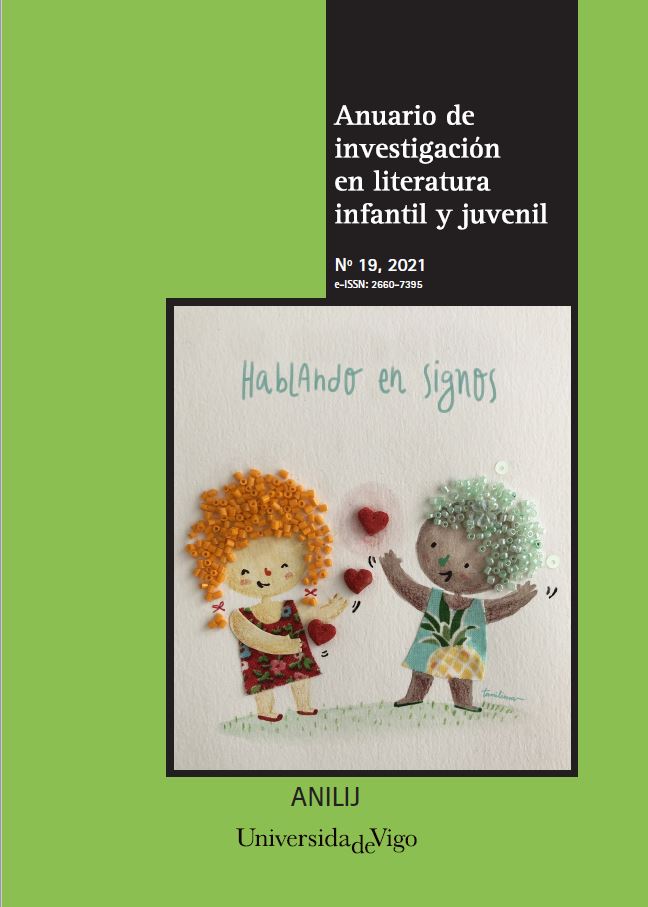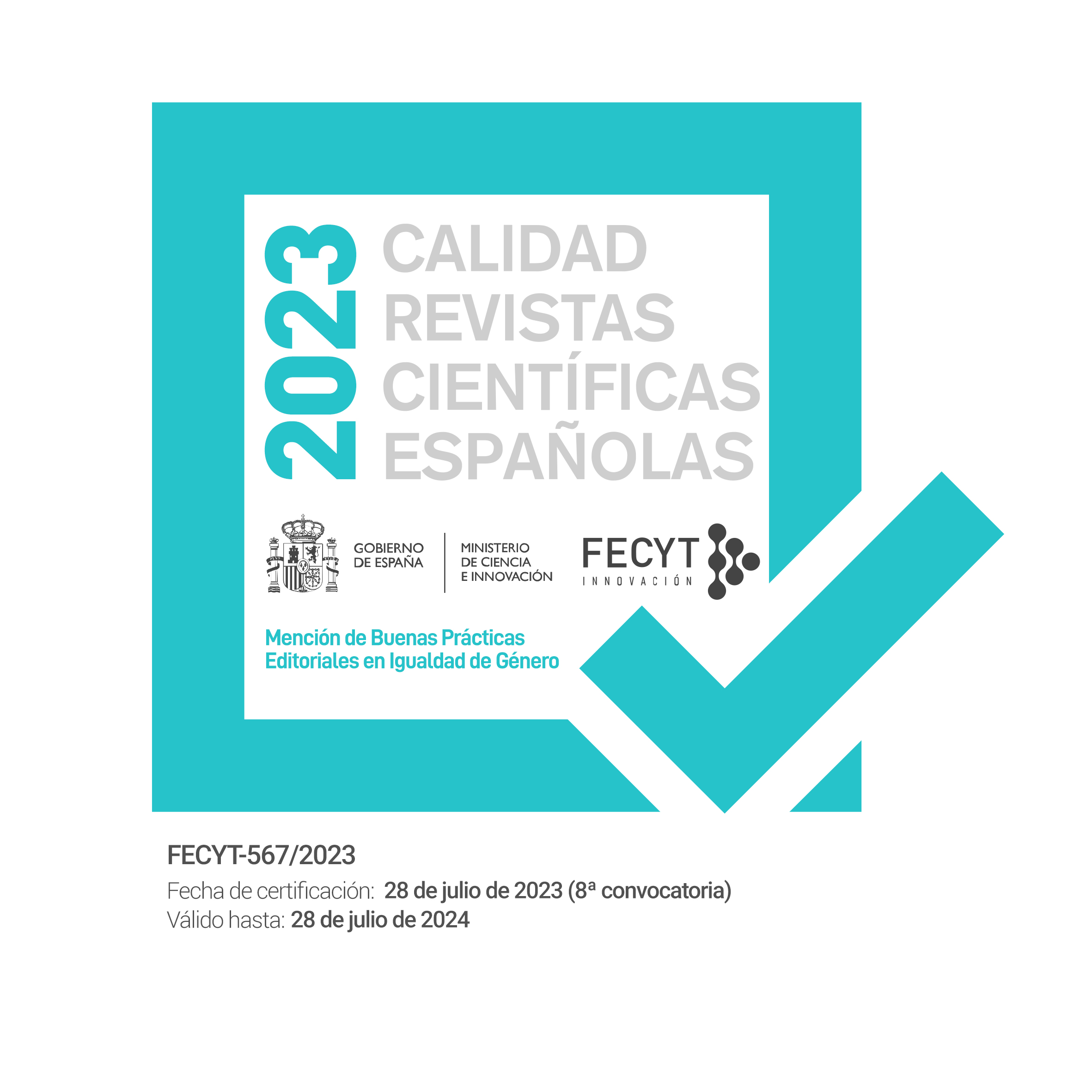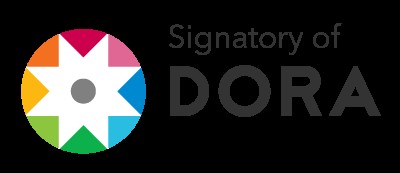LAUREEN MYRACLE'S INTERNET GIRLS AND CENSORSHIP: DIGITAL COMMUNICATION AS A CHALLENGE TO IDEOLOGICAL CONTROL THROUGH LANGUAGE AND AS A FIELD FOR FACING GENDER ROLES
DOI:
https://doi.org/10.35869/ailij.v0i19.3716Resumen
Tomando como punto de partida la serie de novelas Internet Girls de L. Myracle, este artículo intenta investigar y desvelar las razones de la censura impuesta a la serie por los “guardianes de la canonicidad y la moralidad”. El artículo es una revisión de la literatura y un análisis de contenido parcial. Tras una breve discusión sobre el término literatura juvenil y la subversión de los argumentos presentados como justificación de la prohibición de los libros, se examina la relación entre la forma novelística epistolar y la voz femenina. Finalmente, nos centramos en la característica más distintiva
de las novelas: el uso exclusivo del chat en línea para avanzar en la narrativa. Nuestro argumento principal es que las causas fundamentales que desencadenan la angustia de los censores adultos y desafían sus estándares no son la sexualidad y las actitudes controvertidas de los personajes. Más
bien, es su idioma y escritura en el chat de Internet. Varios adultos (posiblemente un grupo social sobrerrepresentado en las profesiones docente y bibliotecaria escolar) perciben la comunicación digital como una amenaza para los códigos lingüísticos tradicionales. El lenguaje web permite transgredir
los límites prescritos de las actitudes femeninas políticamente correctas, un hecho que conduce a una protesta pública más severa entre los adultos.
Descargas
Descargas
Publicado
Número
Sección
Licencia

Esta obra está bajo una licencia internacional Creative Commons Atribución-NoComercial-SinDerivadas 4.0.
Anuario de Investigación en Literatura Infantil y Juvenil se publica en acceso abierto desde 2019 (nº 17). Los autores mantienen el copyright, concediendo a la revista el derecho de primera publicación. Se permite el uso para fines docentes de los textos, datos e informaciones contenidos en estas páginas. Los autores pueden publicar su trabajo si indican que se publicó por primera vez en Anuario de Investigación en Literatura Infantil y Juvenil. Los derechos de autor de los números impresos (0-16) pertenecer a la revista.





 Anuario de Investigación en Literatura Infantil y Juvenil
Anuario de Investigación en Literatura Infantil y Juvenil